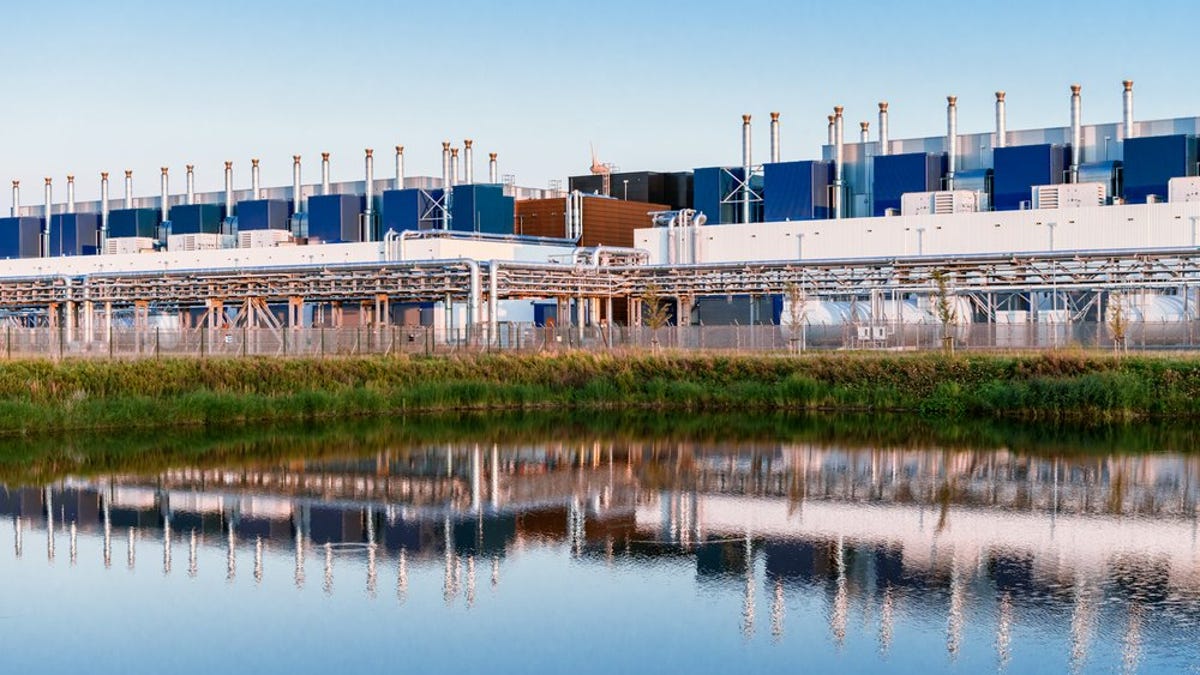Google pledges stronger stewardship of water resources
The company unveils plans to replenish more water than it consumes by 2030, among other goals.

Google unveiled on Thursday new water stewardship goals for the company, citing global water scarcity challenges exacerbated by climate change. The pledge follows efforts launched last year to reach carbon neutrality, which saw Google ultimately reach a lifetime net carbon footprint of zero in September of 2020.
"Building on this commitment, we are pledging to a water stewardship target to replenish more water than we consume by 2030 and support water security in communities where we operate," Google sustainability officer Kate Brandt wrote in a blog post published Thursday. "This means Google will replenish 120% of the water we consume, on average, across our offices and data centers."
Brandt said the company's focus will be better water management in Google facilities, improved replenishment of local water systems and those in water-stressed communities, and sharing technology and tools to prevent and recover from water stress around the world. Brandt pointed to existing efforts at utilizing stormwater and reclaimed wastewater in place of fresh water at Google facilities wherever possible, as well as the development of new irrigation tactics in the San Francisco Bay area -- expect Google to continue pushing forward with initiatives like these, Brandt said.
Other recent moves of note, Brandt said, include efforts to work with the Colorado River Indian Tribes project to reduce the amount of water drawn from the Lake Mead reservoir, as well as installing rainwater harvesting systems in Ireland to improve water quality in the Dublin Bay. Google also points to partnerships with the United Nations Environment Programme and the European Commission's Joint Research Centre to track water changes over time on a global scale.
"Communities, policymakers and planners all need tools to measure and predict water availability and water needs," Brandt wrote. "We're dedicated to working with partners to make those tools and technologies universally accessible."

